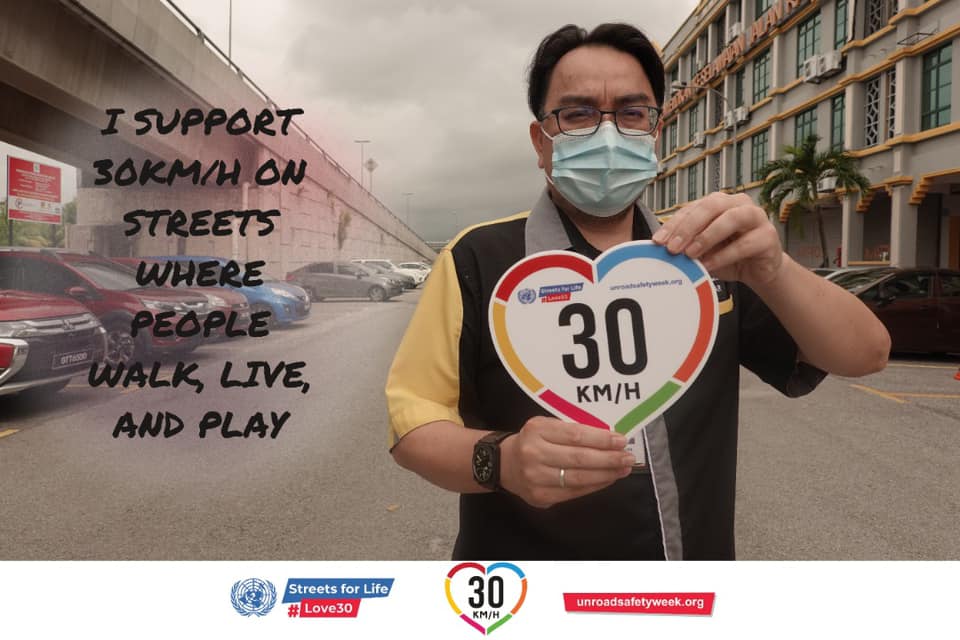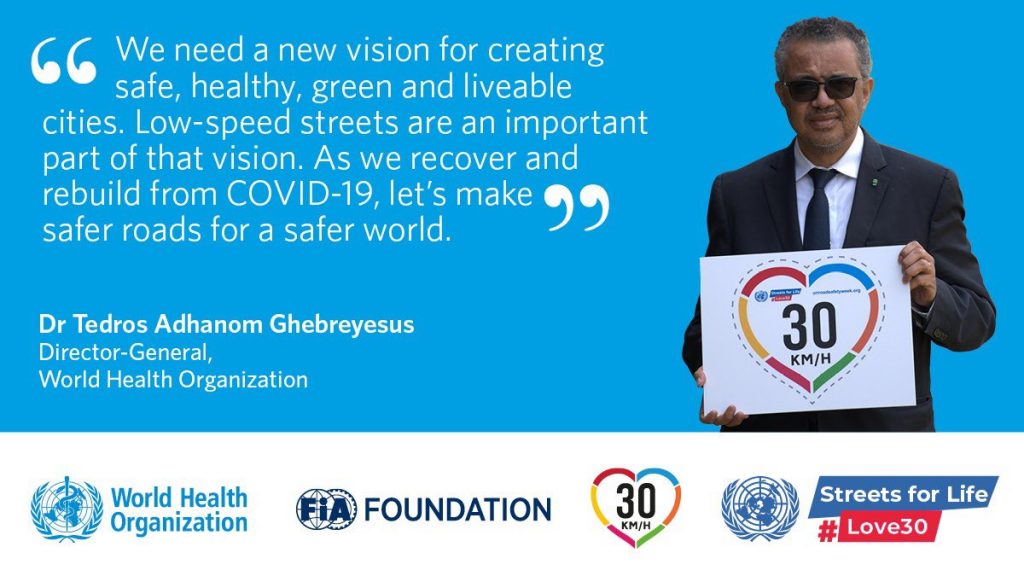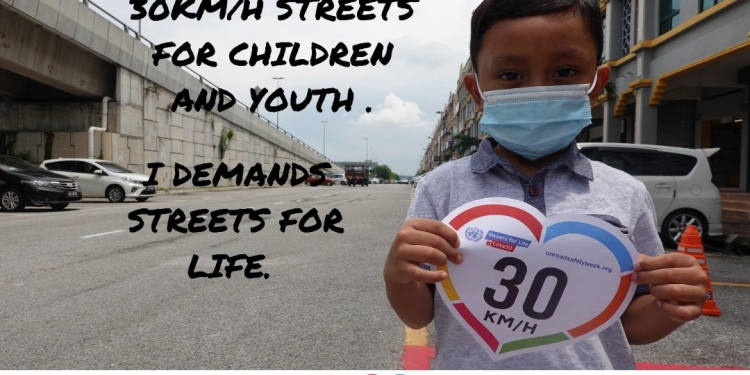Malaysian Highway King beware! The Malaysian Institute of Road Safety Research (MIROS) is teaming up with Kuala Lumpur City Hall (DBKL) to implement a new speed restrictions in the city. The new speed limit will be 50 km/h and for select areas, the speed limit will be 30 km/h.
This was confirmed by MIROS Chairman, Datuk Suret Singh via Twitter. He sat down with MIROS Director General Khairil Anwar Abu Kassim and Kuala Lumpur Mayor Mahadi Che Ngah for a discussion. Another outcome of the meeting is that MIROS and DBKL will exchange CCTV footage of traffic offences as a way of enforcing the new speed limits.
DBKL and Miros will work together to make speed limit 30 kmph for selected zones and 50kmph for otjers a reality. We also discussed sharing CCTV data on traffic offences.
— ProtectRoadUsers (@SuretSingh) January 8, 2022
This decision to introduce a new lower speed limit didn’t just happen overnight, or in this case on the 7th of January 2022. The idea of a lower speed limit was first agreed upon on February of 2020 during the Third Global Ministerial Conference on Road Safety. Also known as the Stockholm Declaration, it was where 80 ministers from around the world pledged to reduced deaths involving motor vehicles by the year 2030.
Before I answer the question on everyone’s mind of “why do they think drivers will respect the new limit when they don’t respect the current 60 km/h limit”, let’s try to understand the objective of this new limit.
Malaysia was among the countries to agree to implement this new speed limit. This comes as no surprise if you looked at the research published in the Malaysian Journal of Public Health Medicine 2018 titled Revisiting pedestrian casualties in Malaysia and the escalating new threats. Researchers found that injuries to pedestrian caused by motor vehicles like cars, busses, trucks, etc account for 76.9% of the cases. Meanwhile cars were the worst offenders, accounting for 41.4% of those cases.

Therefore, the plan is to make the roads safer for all users, especially in dense urban cities, like KL. From what I can put together from all the reports, it looks like any roads that are shared among motor vehicles, cyclists, pedestrians and anyone in between will have these speed limits enforced. Reducing the speed limit will allow for safer travel for everyone as it will reduce the chances of accidents between motor vehicles and other users. I assume areas like Chow Kit, Bukit Bintang and residential areas will have the 30 km/h speed limit while other like Jalan Tun Razak and Jalan Kuching will have the 50 km/h speed limit.
As for highways, there is currently no information as it is primarily used by motor vehicles. The only other users that can take advantage of highways are cyclists but the Royal Malaysia Police (PDRM) have put a stop to that. On an official Facebook post, PDRM stated that action will be taken under Section 54(1) of the Road Transport Act 1987 for any cyclist caught cycling on highways. The offenders can receive a penalty of up to RM5000 fine and a prison term of up to 12 months. Therefore, I presume the speed limits will be left untouched since it is not shared with any other user, at least for the time being.
The Director General of the World Health Organization, Dr Tedros Adhanom Ghebreyesus said in a tweet, “I call on national and local authorities everywhere to build #StreetsForLife by putting in place 30 km/h speed limits which saves lives, promotes walking, cycling and clean air, and protects the most vulnerable.”

It is good to see DBKL acting on his call to improve road safety for the community.
As for the question on everyone’s mind, DBKL and MIROS’s answer is the exchange of CCTV footage. They believe by doing so, it would deter people from breaking the speed limit. Apart from that, there were no other ways that were mentioned to enforce this rule as of writing.
Like it or not, this new speed limit is in its final stages of review and will be implemented as part of the National Safety Plan for 2021-2030.
If you are interested in this global initiative, you can read more about it here.
[SOURCE 2 3 IMAGE SOURCE]







